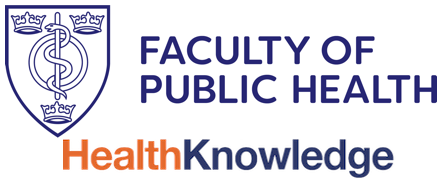Epidemiology of Specific Chronic Diseases: Schizophrenia
Description
Schizophrenia is a term used to describe a major psychiatric disorder (or cluster of disorders) that alters an individuals perception, thoughts, and affect behaviour1.
Symptoms include1:
- Hallucinations and delusions
- Emotional apathy
- Lack of drive
- Poverty of speech
- Social withdrawal
- Self-neglect
Risk Factors
- Family history
- Low socio-economic status
- Single status
- Ethnicity - in the UK the rate is 3-5 times higher among Afro-Caribbean people compared to the majority population.
- Social isolation
Epidemiology
- An estimated 24 million people worldwide suffer from schizophrenia.
- Schizophrenia occurs equally in men and women though women tend to develop it later in life.
- An estimated 1 in 100 people will experience schizophrenia during their lifetime1.
- The mean incidence of schizophrenia reported in epidemiological studies, when the diagnosis is limited to core criteria and corrected for age, is 0.11 per 1000 population, if broader criteria are used then the figure double to 0.24 per 1000 population.
- The lifetime prevalence of schizophrenia is between 0.4% and 1.4%.
- The highest incidence is among individuals in their early 20s.
Treatment and Prognosis
Nearly all acute episodes are treated with neuroleptics.
About 25% of patients with a first illness make a permanent recovery, another 25% develop a chronic illness, 10% die of suicide and the remainder experience repeated illness with varying degrees of recovery between episodes.
References
© CM Kirwan 2006
